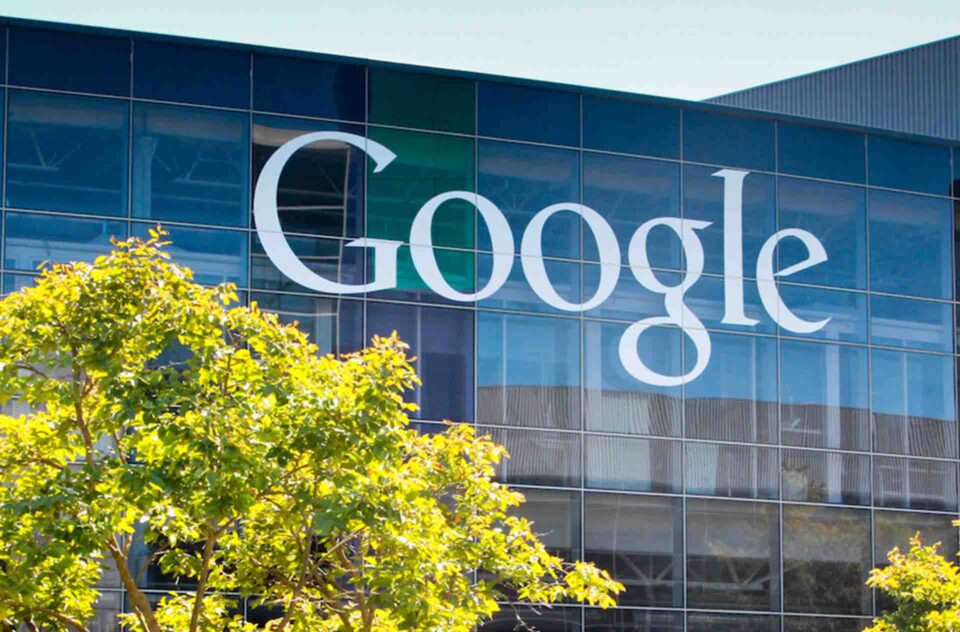Privacy washing is Google’s attempt to portray its services as private, even as it sweeps vast amounts of your personal data into its profitable advertising engine. It may work for marketing, but it doesn’t work in the courts. When Google’s notion of privacy conflicts with legal principles, Google consistently loses, Proton’s Ben Wolford said.
In 2023, Google introduced a new “ad privacy feature” for Chrome and expanded the release of the beta version of Ad Topics for Android, both part of its misleadingly named Privacy Sandbox initiative. Both initiatives disguised a move to give itself total monopolistic control over the ability to spy on user activity as a “privacy feature.”
Many years before, in December 2008, Google launched Incognito Mode, a privacy option for Chrome. Chrome is the hands-down favourite web browser and with over 3 billion users globally, the product is a window into human browsing activities.
In 2020, a group of five plaintiffs sued Google with multiple allegations, including violations of the federal wiretapping law, California privacy laws, breach of contract, and other counts. Seeking “at least” $5 billion in damages, they said Google promised not to collect their data while in Incognito Mode but did so anyway. The lawsuit covered millions of Google users since 1 June 2016. It sought at least $5,000 in damages per user.
Google requested a federal judge in California to dismiss the case. A Google spokesperson told The Verge that the company argued that Incognito Mode informs users that websites can still track them whenever they open a private tab.
Instead, the judge paved the way for the case to go to trial, where Google’s attempts to redefine the meaning of privacy would have to once again face reality.
In her August 2023 ruling, US District Judge Yvonne Gonzalez Rogers in Oakland, California demonstrated that she believed when people activated a feature explicitly named “incognito,” they were relying on the common sense meaning of words to assert an expectation of privacy. “It’s a direct rebuke of privacy washing,” Wolford explained.
The judge scheduled a trial for 5 February 2024.
On 28 December, the trial for the proposed class action was put on hold after lawyers for Google and lawyers for consumers said they had reached a preliminary settlement. Settlement terms have not been disclosed and the lawyers said they expected to present a formal settlement for court approval by 24 February 2024.
Considering the amount of data Google still collects from you, even in Incognito Mode, it’s fair to question what Google thinks the word privacy means. “Google is still the dominant tech company, but its business model is on borrowed time, and they seem to know it,” Wolford wrote.
The only way to prevent Google from having a monopoly on your personal data is to leave Google. That’s because even if you turn off personal advertisements (“ad”) and block ad tracking, Google will still have access to all your data in Gmail, Google Calendar, Google Maps, Google Drive, Google Photos and more.
![]()

Please think about donating below.


